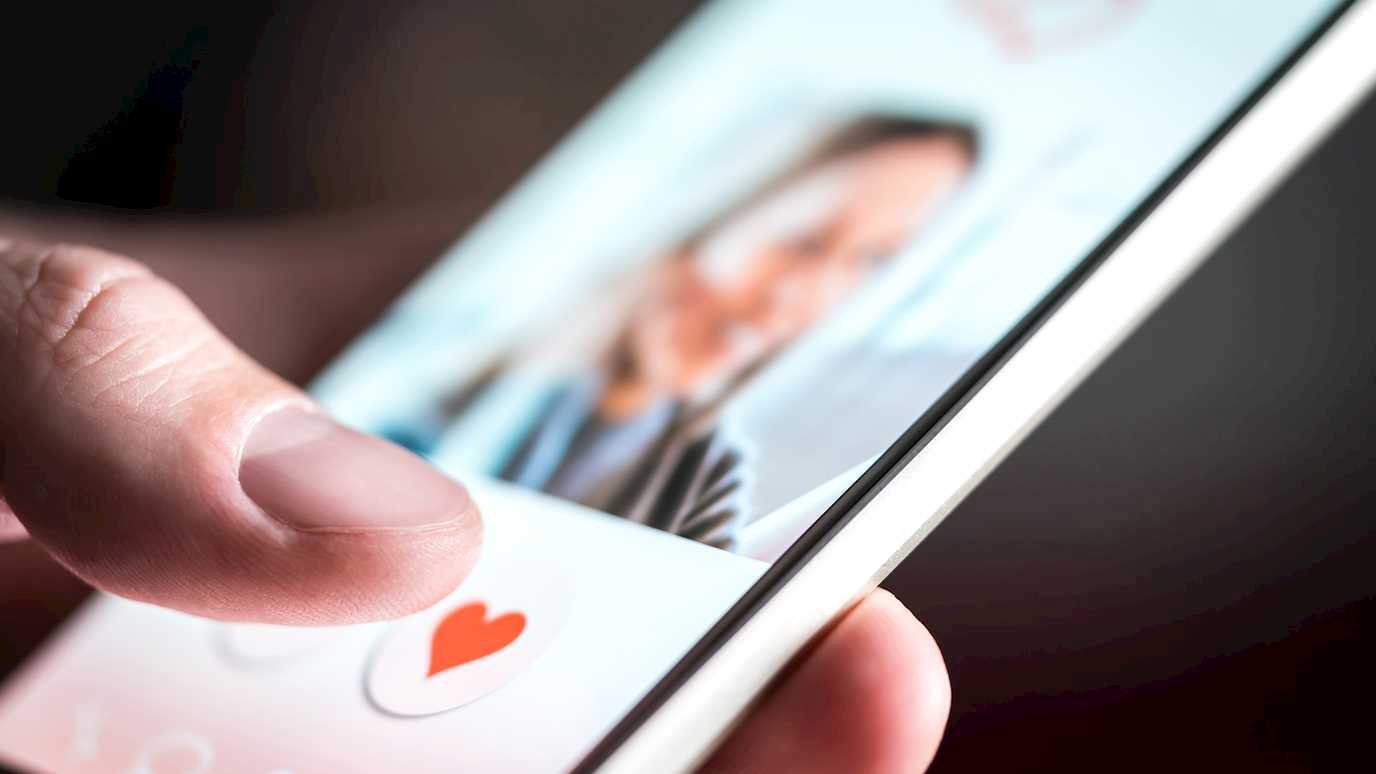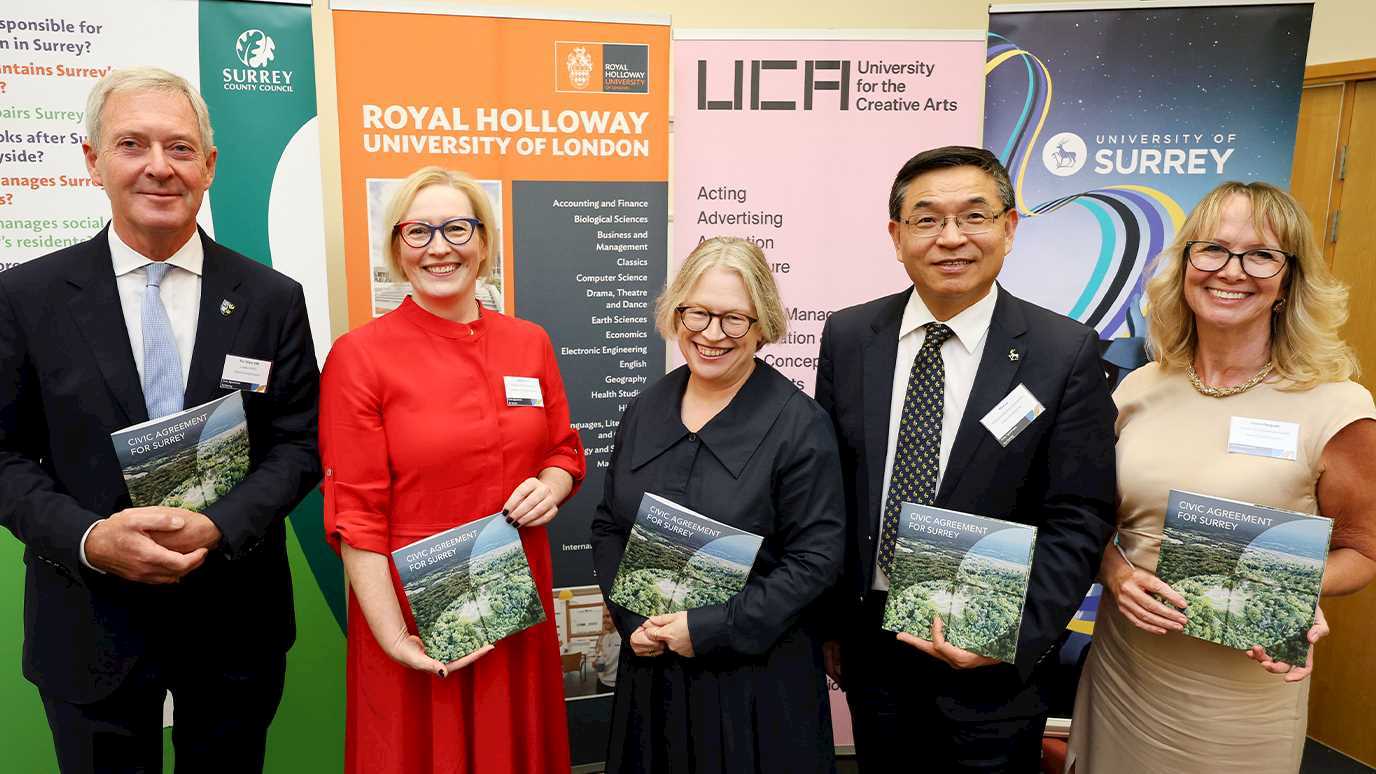Researchers at Royal Holloway conducted a Tinder-like study to see how people choose potential partners on dating apps and found the vast majority took an overly confident approach, waiting until a ‘better suitor’ popped up on the screen.

People come across many real-world decisions every day; accept a job offer or keep looking? Sell a stock now or wait for the price to rise? Buy a dress today or wait for a sale? It’s the same with dating.
Professor Nicholas Furl and Professor Ryan McKay, both from the Department of Psychology at Royal Holloway, found that participants who were bias towards attractiveness searched much longer for a suitor. These participants were quick to swipe left for no, in order to find someone they considered worthy enough to date. This was despite knowing that swiping left would mean they couldn’t go back.
This overconfidence of dismissing people until they found someone ‘better’, could prove to be a missed opportunity.
This is true and similar to the astronomer Johannes Kepler, who famously interviewed several candidate fiancées successively, but was rejected when attempting to return to a previous lady, who realised that she was never the first choice.
Unlike other studies on how we make decisions, such as when people take a more hasty approach towards a ‘today-only’ deal and feel under pressure to buy it, participants in this study took their time and were overly particular.
Studies on how people make a decision have long been researched, but not in the world of dating.
Professor Nicholas Furl from Royal Holloway, said: “Although there have been studies on how quickly people react to common decision problems, such as the best deal and feeling under pressure to make a decision straight away, with dating, it seems the reverse.
“Our participants took their time to choose the most attractive person they felt worthy of their time, regardless of the fact that once they’d swiped no, they could never go back. It takes some nerve to keep going, knowing you can’t go back and then hoping someone better will come along.
“Being too confident and choosey looking for that perfect someone and hoping that a higher calibre of person will be shown, and therefore dismissing so many beforehand, could potentially cost people a relationship.”
There were 49 participants that took part and asked to choose a preferred sex. For more information on the study, please read the paper, Looking for Mr(s) Right: Decision bias can prevent us from finding the most attractive face published by Elsevier.
























